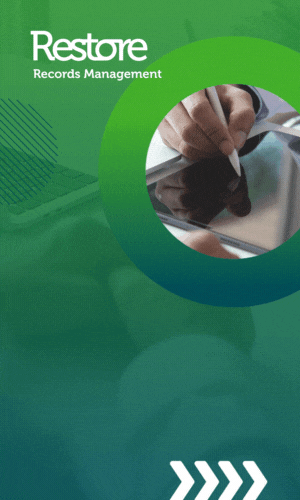Milton Keynes University Hospital has this week announced that it is launching a collaboration with Milton Keynes City Council, EXI, Apple and Loughborough University, with a view to help tackle diabetes through use of technology and financial incentives.
The aim of the Milton Keynes Activity Reward Programme is to encourage people with type 2 diabetes to increase physical activity, with the incentives in place to support participants in improving their health over a 24-hour period.
EXI, describing itself as a “digital therapeutic” platform, is designed to “makes exercise programmes accessible”, supported with motivational systems and rewards to help achieve lasting behavioural change. Through the collaboration, EXI will provide each participant with a personalised exercise programme suited to their individual needs, which will be accessible through a smartphone app. Participants will also be given an Apple Watch to help them track their progress, earning up to £365 per year in vouchers if they manage to meet their weekly prescription for physical activity.
Milton Keynes University Hospital notes that this approach “may help people become healthier and potentially reduce pressures on the NHS, by providing patients with the tools they need to take on a more active role in their own health management”.
Residents of Milton Keynes with type 2 diabetes will be invited to participate in the trial by their local GP, and will also have to meet other eligibility criteria, including being able to access an Apple iPhone. The study is looking to recruit 1000 participants, and will last for two years, with half of the participants receiving the intervention at the start of the study, and half receiving it at 12 months.
Joe Harrison, chief executive of MKUH, commented that the collaboration is “a testament to what can be achieved when using technology to drive change and promote better health outcomes for patients and the NHS. Providing people with the tools to manage their condition from home means that these patients have autonomy over elements of their care and reduces the risk of them being admitted into hospital. It also means that the staff working at the hospital can focus on providing care for our vulnerable and sick patients who need the attention the most.”
Councillor Jane Carr, cabinet member for tackling social inequalities, said: “This innovative trial is a huge opportunity to prevent disease and disability and improve the quality of life for residents. Most people living with diabetes want more control of their lives and through our local partnership, we can help them to make informed decisions and choices. This trial goes beyond the treatment of diabetes with the potential to reduce pressures on our local health services and improve the overall health and wellbeing of those involved.”
Elsewhere on patient-facing tech, in one of our latest features we covered some of the recent developments in patient-facing tech, and how they are impacting service delivery, patient engagement, patient-provider relationships and equitable access in the realms of health and care.






